News in Brief
-
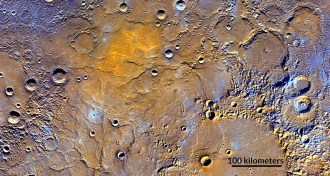 Planetary Science
Planetary ScienceMercury’s stunning landscape mapped
First complete topographic map of Mercury reveals plains, craters and both the highest and lowest points on the planet.
-
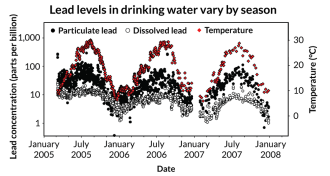 Environment
EnvironmentWhen measuring lead in water, check the temperature
Lead contamination in drinking water can be much higher during summer than winter, new research suggests.
-
 Environment
EnvironmentU.S. oil and gas boom behind rising ethane levels
Oil and gas operations on North Dakota’s Bakken shale are largely to blame for a recent rise in global emissions of the greenhouse gas ethane, researchers conclude.
-
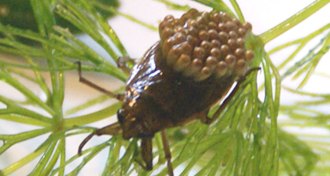 Animals
AnimalsMale giant water bugs win females by babysitting
Female giant water bugs prefer males already caring for eggs, an evolutionary force for maintaining parental care.
By Susan Milius -
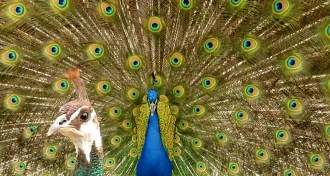 Animals
AnimalsPeacocks twerk to shake their tail feathers
Researchers reveal the biomechanics of the peacock mating dance.
-
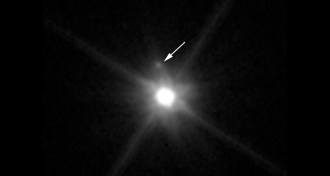 Planetary Science
Planetary ScienceTiny moon orbits dwarf planet
Hubble Space Telescope images from April 2015 show that the dwarf planet Makemake has a tiny moon.
-
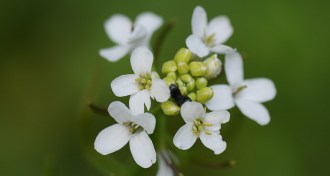 Plants
PlantsPrions may help plants remember
A plant protein has passed lab tests for prionlike powers as molecular memory.
By Susan Milius -
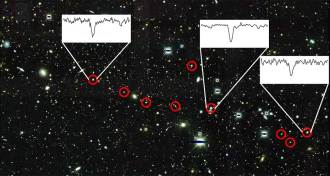 Cosmology
CosmologyAncient dwarf galaxy was heavy-element factory
A rare event in an ancient galaxy left traces of heavy elements in its stars.
-
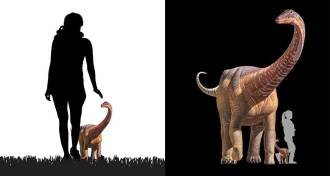 Paleontology
PaleontologyBaby titanosaur was parents’ Mini-Me
Babies of one species of titanosaur resembled mini-versions of full-grown adults, and probably acted like them, too.
By Meghan Rosen -
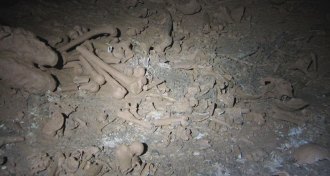 Anthropology
AnthropologyBelize cave was Maya child sacrifice site
Bones in Central American cave suggest many Maya sacrificial victims were children.
By Bruce Bower -
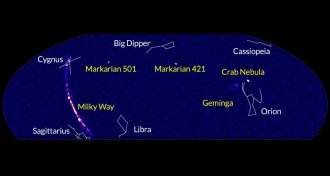 Cosmology
CosmologyNew sky map charts previously unknown gamma-ray sources
A new map of the sky from the High-Altitude Water Cherenkov Observatory charts the cosmic origins of high-energy photons.
-
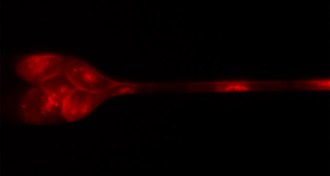 Health & Medicine
Health & MedicineClusters of cancer cells get around by moving single file
Clusters of cancer cells squeeze through thin blood vessels by aligning single file.